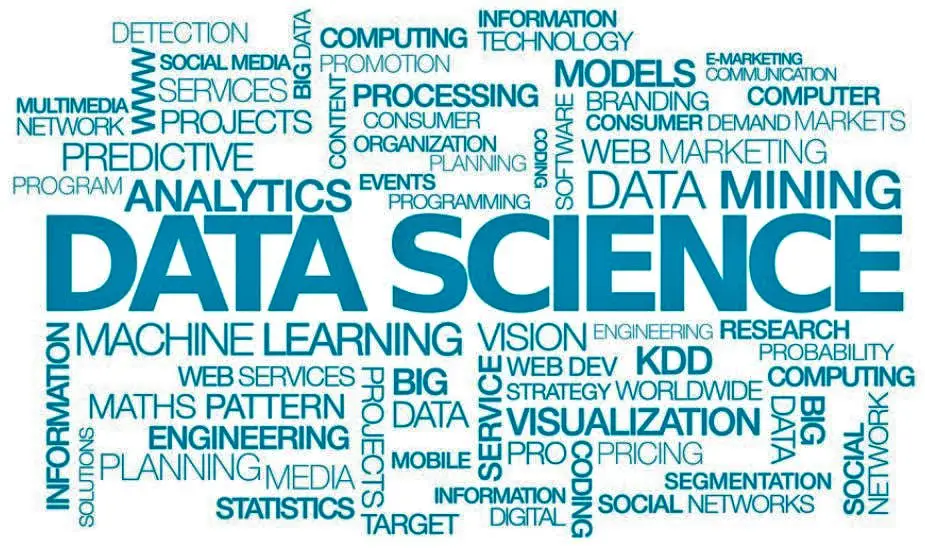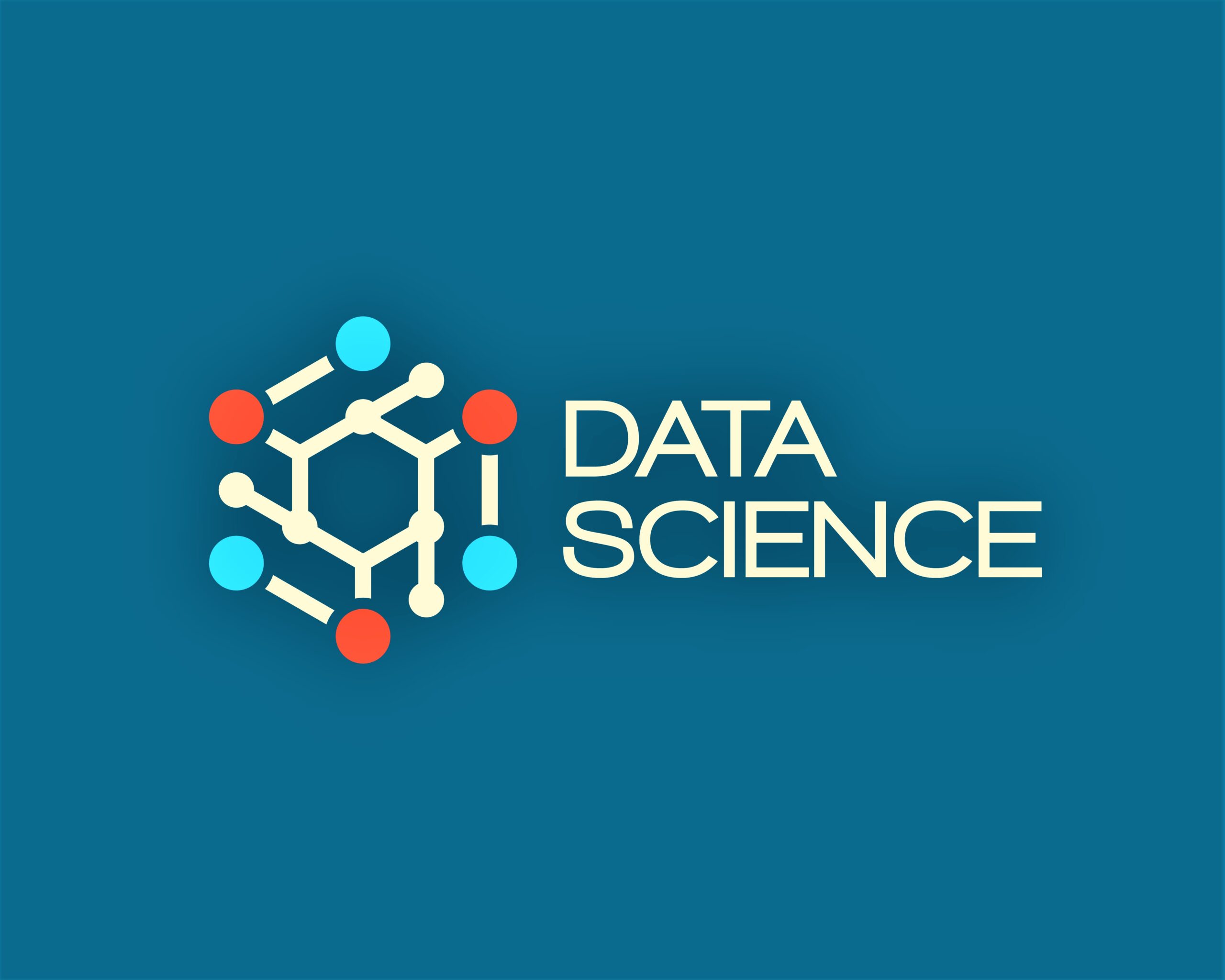What Is a Data Scientist: Salary, Skills, and How to Become One
How to Become a Data Scientist: What Do They Do?

Data Science has emerged as one of the most transformative fields in recent times, revolutionizing the way businesses operate and making significant contributions to research and decision-making across various domains. At the heart of this revolution is the data scientist, a professional with a unique blend of analytical, technical, and domain expertise. In this article, we delve into the world of data science and explore what it means to be a data scientist, their skills, responsibilities, and the indispensable role they play in today’s data-driven landscape.

Understanding Data Science
Data Science is an interdisciplinary field that utilizes scientific methods, algorithms, processes, and systems to extract knowledge and insights from structured and unstructured data. It incorporates techniques from statistics, mathematics, computer science, and domain knowledge to solve complex problems, uncover patterns, and make informed decisions.
What is a Data Scientist?
A data scientist is a multidisciplinary expert who possesses a diverse skill set that allows them to collect, clean, analyze, and interpret large and diverse datasets. Their primary objective is to unearth valuable insights and knowledge from data to aid organizations in making data-driven decisions. Data scientists bridge the gap between raw data and actionable insights, contributing significantly to the success of businesses, governments, research institutions, and more.
Skills and Qualifications
Analytical Skills:
Data scientists are equipped with exceptional analytical abilities, enabling them to understand complex problems and devise appropriate solutions using data-driven methodologies.
Programming Proficiency:
Proficiency in programming languages such as Python, R, SQL, and others is crucial for data scientists to manipulate and analyze data efficiently.
Statistical Knowledge:
Understanding statistical concepts and methods is essential for drawing meaningful conclusions from data and validating analytical models.
Machine Learning:
Data scientists are skilled in various machine learning techniques, enabling them to build predictive models and make data-driven recommendations.
Data Visualization:
The ability to create compelling visualizations helps data scientists communicate complex findings to non-technical stakeholders effectively.
Domain Expertise:
In addition to technical skills, domain knowledge is invaluable for data scientists to comprehend the context and nuances of the data they work with.
Responsibilities of a Data Scientist
Data Collection and Cleaning:
Data scientists gather data from diverse sources, and clean and preprocess it to ensure accuracy and consistency.
Exploratory Data Analysis (EDA):
EDA involves analyzing and visualizing data to identify patterns, correlations, and potential issues.
Model Building and Training:
Data scientists develop and implement machine learning models to make predictions or gain insights from the data.

Performance Evaluation:
Evaluating the performance of models and refining them to achieve better results is a critical aspect of a data scientist’s role.
Business Insights:
Data scientists collaborate with stakeholders to understand business requirements and provide actionable insights to support decision-making.
Data-Driven Solutions:
Data scientists develop data-driven solutions to address specific business problems or optimize processes.
Impact and Importance
The importance of data scientists cannot be overstated in today’s data-centric world. Their work influences a wide range of sectors, including:
Business and Industry:
Data scientists aid businesses in enhancing operations, optimizing marketing strategies, and making well-informed decisions to gain a competitive edge.
Healthcare:
They contribute to medical research, disease prediction, and personalized treatment plans, thereby improving patient outcomes.
Finance:
Data scientists analyze market trends, predict stock movements, and assess credit risks to support financial institutions in making better investment decisions.
Social Sciences:
They play a role in sociological and psychological research, analyzing human behavior patterns and societal trends.
Technology:
Data scientists develop algorithms that power various technological advancements, such as recommendation systems and speech recognition.
Conclusion
Data scientists are the driving force behind the data revolution, transforming raw information into actionable insights that shape our world. Their multidisciplinary expertise, analytical skills, and technical acumen make them indispensable in a variety of industries. As data continues to grow exponentially, the role of data scientists will only become more critical in helping organizations unlock the true potential of data-driven decision-making.
Frequently Asked Questions
What is Data Science?
Data Science is an interdisciplinary field that utilizes scientific methods, algorithms, and domain expertise to extract insights and knowledge from data. It combines techniques from statistics, mathematics, computer science, and domain knowledge to solve complex problems and make data-driven decisions.
What is a Data Scientist?
A data scientist is a professional who possesses a diverse skill set, including analytical skills, programming proficiency, statistical knowledge, machine learning expertise, and domain understanding. Their primary role is to collect, clean, analyze, and interpret large datasets to uncover valuable insights and support decision-making.
What skills are essential for a Data Scientist?
Data scientists should have analytical skills, programming knowledge (Python, R, SQL), statistical proficiency, machine learning expertise, data visualization skills, and domain-specific knowledge. Strong communication and problem-solving abilities are also valuable.
How do Data Scientists work with data?
Data scientists start by collecting data from various sources and cleaning and preprocessing it to ensure accuracy. They then perform exploratory data analysis to understand the data and identify patterns. Next, they build machine learning models and evaluate their performance to make predictions and gain insights.
What is the role of Data Scientists in business?
Data scientists play a crucial role in businesses by analyzing data to optimize marketing strategies, improve operations, and support decision-making. They provide valuable insights that help businesses gain a competitive advantage and enhance overall performance.
How do Data Scientists contribute to research and academia?
In research and academia, data scientists work on various projects, analyzing large datasets to make scientific discoveries, validate hypotheses, and find patterns in data. They also develop predictive models to support research findings.
What are the ethical considerations in Data Science?
Data scientists must be aware of ethical issues related to data privacy, data bias, and the potential misuse of data. They should ensure the responsible collection, storage, and use of data while respecting individuals’ privacy and confidentiality.
What industries employ Data Scientists?
Data scientists are in demand across various industries, including finance, healthcare, e-commerce, social media, technology, manufacturing, and government. Any sector that deals with substantial amounts of data can benefit from the expertise of data scientists.
How do I become a Data Scientist?
To become a data scientist, you typically need a strong foundation in mathematics, statistics, and programming. Pursuing a degree in data science, computer science, or a related field can be beneficial. Additionally, gaining hands-on experience with real-world projects, participating in online courses, and joining data science communities can enhance your skills and employability.
What are some common tools and technologies used by Data Scientists?
Data scientists often use programming languages such as Python and R for data manipulation and analysis. They work with libraries like Pandas, NumPy, and Scikit-learn for machine learning. Tools like Jupyter Notebook, Tableau, and Power BI are used for data visualization and reporting.



